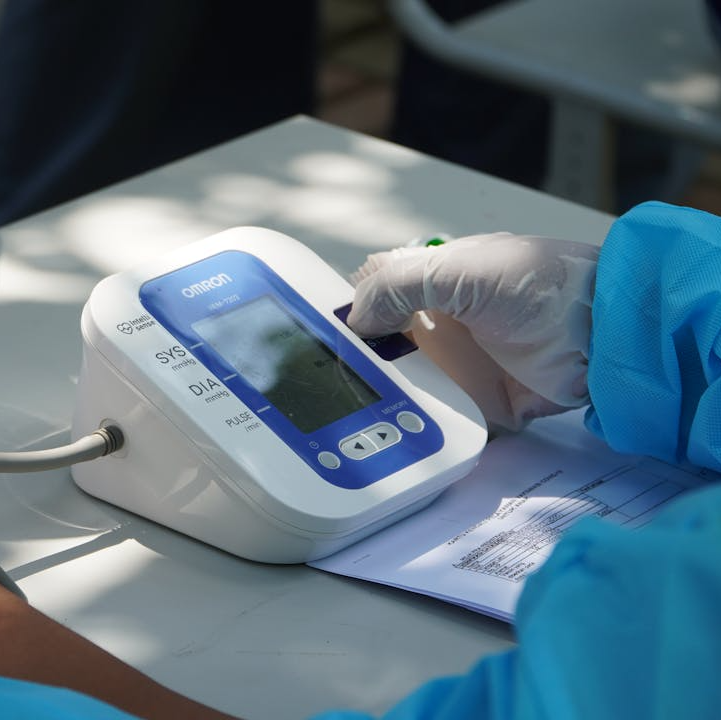Key Takeaways
- Medicare has updated its mental health care coverage in 2024 to enhance access to essential services for beneficiaries.
- New policy changes and expanded services aim to address the growing need for mental health support among Medicare recipients.
Medicare’s Approach to Mental Health Care in 2024: What’s New?
As the awareness of mental health grows, Medicare has adapted to better meet the needs of its beneficiaries. In 2024, there are significant updates to Medicare’s mental health care approach that you should be aware of. These changes are designed to improve access to mental health services, provide more comprehensive coverage, and ensure that beneficiaries receive the care they need.
Exploring Medicare’s Mental Health Benefits
Medicare has long provided mental health services, but the scope and depth of coverage have evolved significantly over the years. In 2024, Medicare continues to cover inpatient and outpatient mental health services, including therapy, counseling, and psychiatric care. These services are available through Medicare Part A (Hospital Insurance) and Medicare Part B (Medical Insurance).
Medicare Part A covers inpatient mental health care in a hospital, including room, meals, nursing care, and other related services. If you’re hospitalized in a psychiatric hospital, there’s a lifetime limit of 190 days of inpatient care. For outpatient mental health services, Medicare Part B covers visits to doctors and other health care providers, as well as certain preventive services, like depression screenings.
One of the key aspects of Medicare’s mental health benefits is the inclusion of partial hospitalization programs (PHPs). These programs offer intensive outpatient services that are a step down from full hospitalization but more comprehensive than typical outpatient care. PHPs provide a structured treatment plan that includes therapy, psychiatric services, and other support services.
What’s New for Mental Health in Medicare 2024?
In 2024, several new updates have been implemented to enhance Medicare’s mental health care coverage. One of the most significant changes is the expansion of telehealth services. During the COVID-19 pandemic, telehealth became a crucial tool for accessing care, and Medicare has recognized its value by permanently expanding coverage for telehealth mental health services. This means beneficiaries can receive therapy and counseling from the comfort of their homes, making it easier for those with mobility issues or those living in rural areas to access care.
Another important update is the increased focus on integrated care models. These models coordinate mental health care with primary care, ensuring a holistic approach to a beneficiary’s overall health. Integrated care models can improve outcomes by facilitating better communication between healthcare providers and creating a more comprehensive treatment plan.
Medicare has also introduced new measures to address the opioid crisis and substance use disorders. These include increased coverage for medication-assisted treatment (MAT) and counseling services. MAT combines medications with counseling and behavioral therapies to treat substance use disorders effectively. By expanding coverage for these services, Medicare aims to provide more comprehensive support for beneficiaries struggling with addiction.
Medicare and Your Mental Health: An Overview
Understanding how Medicare supports mental health care can help beneficiaries make the most of their coverage. Medicare covers a range of mental health services, but it’s essential to know the specifics of what’s included and how to access these benefits.
Inpatient mental health care is covered under Medicare Part A. If you need to be hospitalized for a mental health condition, Medicare will cover your stay, including meals, nursing care, and other necessary services. However, it’s important to note the lifetime limit of 190 days for inpatient psychiatric hospital care.
Outpatient mental health services are covered under Medicare Part B. This includes visits to mental health professionals like psychiatrists, psychologists, and clinical social workers. Medicare Part B also covers certain preventive services, such as depression screenings, which can help detect mental health issues early.
Medicare Advantage plans, also known as Part C, offer an alternative way to receive Medicare benefits. These plans are provided by private insurance companies approved by Medicare and often include additional benefits not covered by Original Medicare, such as vision, hearing, and dental care. Some Medicare Advantage plans also offer enhanced mental health benefits, so it’s worth exploring these options if you’re considering a switch.
Making the Most of Medicare’s Mental Health Services
To maximize your Medicare mental health benefits, it’s essential to understand how to navigate the system and access the care you need. Start by talking to your primary care doctor about your mental health concerns. They can provide a referral to a mental health specialist and help you understand what services are covered by Medicare.
Take advantage of preventive services like depression screenings, which are covered by Medicare Part B. These screenings can help identify mental health issues early, allowing for timely intervention and treatment.
If you’re prescribed medication for a mental health condition, check whether it’s covered under your Medicare Part D prescription drug plan. Each plan has its own formulary, or list of covered drugs, so it’s important to review this information to ensure your medications are included.
Consider exploring Medicare Advantage plans if you’re looking for additional mental health benefits. These plans often offer more comprehensive coverage than Original Medicare and may include services like routine vision and dental care, which can contribute to your overall well-being.
Understanding Medicare’s Role in Mental Health Care
Medicare plays a crucial role in providing mental health care to millions of beneficiaries. As mental health awareness continues to grow, Medicare’s coverage has expanded to meet the needs of its beneficiaries better. In 2024, Medicare’s mental health coverage includes inpatient and outpatient services, telehealth, integrated care models, and support for substance use disorders.
Inpatient mental health care is available through Medicare Part A, covering hospital stays, nursing care, and related services. Outpatient mental health services, including visits to mental health professionals and preventive screenings, are covered under Medicare Part B. Telehealth services have been permanently expanded, making it easier for beneficiaries to access mental health care remotely.
Integrated care models are a key component of Medicare’s approach to mental health care in 2024. These models ensure that mental health care is coordinated with primary care, providing a holistic approach to treatment. This integrated approach can lead to better outcomes by addressing both physical and mental health needs.
Medicare’s increased focus on substance use disorders includes expanded coverage for medication-assisted treatment and counseling services. By providing more comprehensive support for beneficiaries struggling with addiction, Medicare aims to improve their overall health and well-being.
Tips for Accessing Mental Health Support with Medicare
Navigating Medicare’s mental health coverage can be challenging, but these tips can help you access the support you need:
-
Talk to Your Primary Care Doctor: Your primary care doctor can refer you to mental health specialists and help you understand what services are covered by Medicare.
-
Use Preventive Services: Take advantage of preventive services like depression screenings, which are covered by Medicare Part B. Early detection of mental health issues can lead to more effective treatment.
-
Check Your Medicare Part D Plan: If you’re prescribed medication for a mental health condition, review your Medicare Part D prescription drug plan’s formulary to ensure your medications are covered.
-
Explore Medicare Advantage Plans: Consider switching to a Medicare Advantage plan if you’re looking for additional mental health benefits. These plans often offer more comprehensive coverage than Original Medicare.
-
Utilize Telehealth Services: With the permanent expansion of telehealth services, you can receive therapy and counseling from the comfort of your home. This can be particularly beneficial if you have mobility issues or live in a rural area.
-
Understand Your Rights and Protections: Medicare beneficiaries have rights and protections related to mental health care. Familiarize yourself with these rights to ensure you receive the care you’re entitled to.
Enhancing Access to Mental Health Care
Medicare’s approach to mental health care in 2024 reflects a commitment to improving access and providing comprehensive support for beneficiaries. The expansion of telehealth services, increased focus on integrated care models, and enhanced coverage for substance use disorders are significant steps toward meeting the mental health needs of Medicare recipients.
By understanding your Medicare mental health benefits and taking advantage of available services, you can ensure that you receive the care and support you need. Whether through inpatient or outpatient services, telehealth, or integrated care models, Medicare offers a range of options to help you manage your mental health effectively.
Contact Information:
Email: [email protected]
Phone: 5625554567









